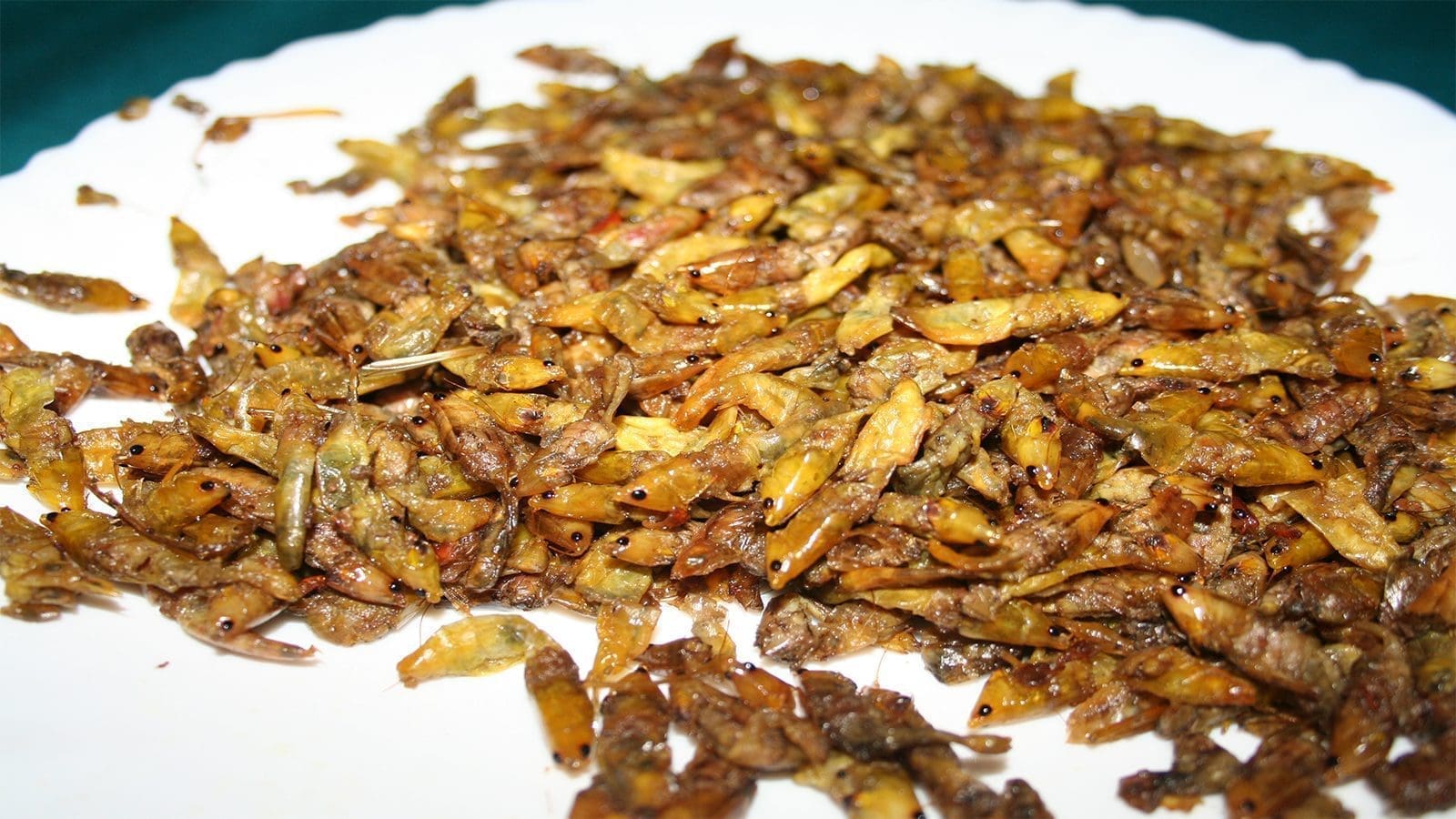GHANA – Ghana National Egg Campaign Secretariat (GNECS) in collaboration with the Ghana Health Service (GHS) and the United States Department of Agriculture (USDA) have organized a day’s training on egg standards for egg sellers and producers in Ho, the Volta Regional Capital.
About 50 participants, mainly cooperative groups from Kaneshie, Mallam Attah, Dome and Achimota markets, received training on topics such as the overview and relevance of standards to the poultry sector, edible egg-in-shell standards development and in-depth explanation of standards using pictorial edible egg-in-shell standards.
Maribel Asomboya, a Nutritionist with the Ghana Health Service, noted that eggs are nutritious and have nothing to do with high cholesterol in the body. She exhorted the public to do away with the myth surrounding the consumption of eggs and rather propagate its benefit to the body.
“There are various researches to back facts about the Importance of eggs, our purpose is to propagate the good news and recent findings and doctrines around eggs that promote good health.
“One of the myths surrounding egg consumption is that it boosts cholesterol levels so anyone who consumes eggs may get various cardiovascular diseases related to high cholesterol but rather egg has Polysaccharides and monosaccharides that are important and useful to the body,” she stated.
The National Coordinator of GNECS, Madam Comfort Acheampong disclosed that the Association in collaboration with the Ghana Standard Authority (GSA) has produced an egg standard i.e. the Edible Egg in Shell Standard in a pictorial form for easy access to the information on Egg Standards.
According to Ms. Acheampong, standards in eggs production include defects, sizes weight, labelling and packaging.
She added that the training would enable stakeholders in the poultry value chain to match the benefits of eggs to the required standards for the edible and export market.
“The GNECS have been able to produce an egg standard, Edible Egg in Shell, we did this with the GSA about 4years ago and it’s now that the Pictorial part is ready. We have to use the pictorial part to educate all stakeholders that have something to do with poultry in Ghana.
“Our main aim is to train and introduce people to the pictorial including the GHS Nutrition Officers to match the benefits of eggs to the standards,” Madam Comfort highlighted.
She informed that eggs are superfoods that have no limit hence they can be consumed at any time of the day.
“Eggs are good for the old and young consumption of eggs has no time limit. Eggs can be a superfood, they can be consumed in the morning, afternoon, and night,” she added.
Lack of standards knowledge presents a challenge
Samuel Kwatia, an officer from the Ghana Standards Authority lamented on the obliviousness to eggs standards as one of the challenges facing the poultry business.
He encouraged farmers and stakeholders in the poultry industry to take advantage of training to learn more about the specifications of their products.
In addition, he advised poultry farmers to align their products to meet the required standard for regional and international markets as well as local consumption.
He recommended that edible eggs should be collected, handled, sorted, and transported in accordance with the CAC/RCP 15 Hygienic Practices of egg and egg production. This Code addresses the two main sources of contamination of eggs; internally during egg formation, and externally, at any point at or after laying.
It takes into consideration the possibility of illness in the general population due to the consumption of eggs or egg products contaminated by Salmonella species, other enteric pathogens or other contaminants.
“Eggs must be stored in ventilated rooms to receive the needed room temperature. It should be packed with the tip downwards in crates because it’s the safest way to protect eggs,” he said.
Ms. Acheampong said that similar training programmes will be organized in all the 16 regions of Ghana to emphasize the need and the importance of standardization in the eggs production, consumption and for export as well.
Liked this article? Subscribe to Food Safety Africa News, our regular email newsletters with the latest news insights from Africa and the World’s food safety, quality and compliance. SUBSCRIBE HERE








